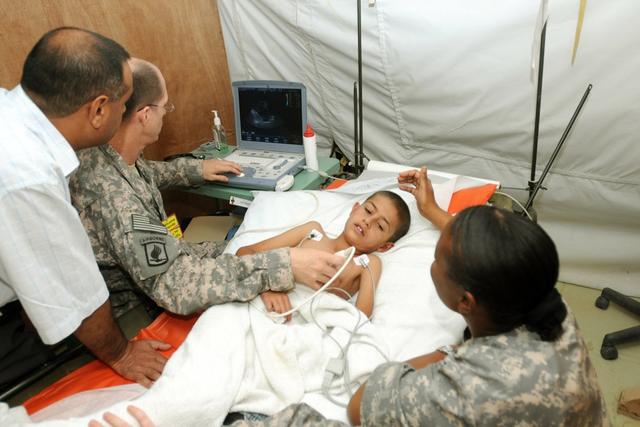Health Care Management

Overview
Health care is the largest industry in the United States, employing more than 18 million people and growing rapidly, according to the Centers for Disease Control and Prevention. Health care workers diagnose, treat, and administer care to patients 24 hours a day, 7 days a week.
The health care system is comprised of a wide variety of medical facilities that are located throughout the country. Hospitals provide comprehensive medical care to patients. Services include emergency care, diagnostic medicine, surgery, and general care. Nursing and residential facilities provide medical services to people who need continuous care, but do not need to be hospitalized.
Offices of physicians and other health care professionals consist of small groups of medical professionals who work together to reduce practice costs. These physicians see patients with problems ranging from the flu to serious illnesses, such as cancer or heart disease. Group medical practices are similar, but they often have hundreds, and even thousands, of doctors on staff. Rehabilitation centers help people recover from stroke, injuries, or other medical conditions. Diagnostic imaging centers provide imaging services such as radiography and sonography. Urgent-care facilities provide care on an unscheduled, walk-in basis to people with illnesses or injuries that are not serious enough to cause them to go to a hospital emergency room. Home health care services provide medical and nursing care to patients in their homes. Additionally, some medical professionals work at health care consulting firms, providing their expertise to the various industry sectors.
It takes skilled managers to keep these facilities and the health care system running effectively to serve the needs of patients. Health care managers direct the operation of hospitals, nursing homes, and other health care organizations. They are responsible for facilities, services, programs, staff, budgets, and relations with other org...

























